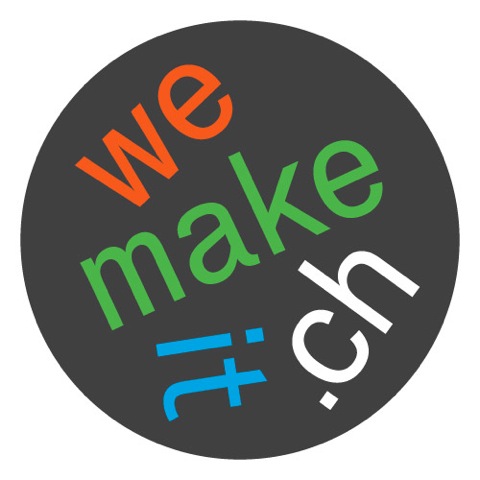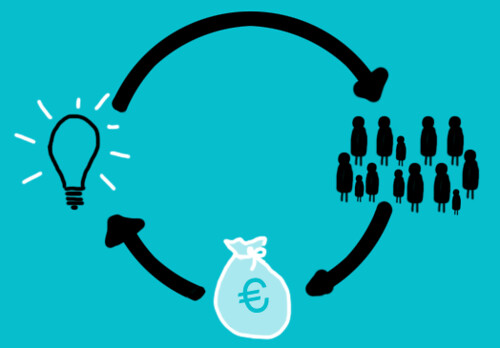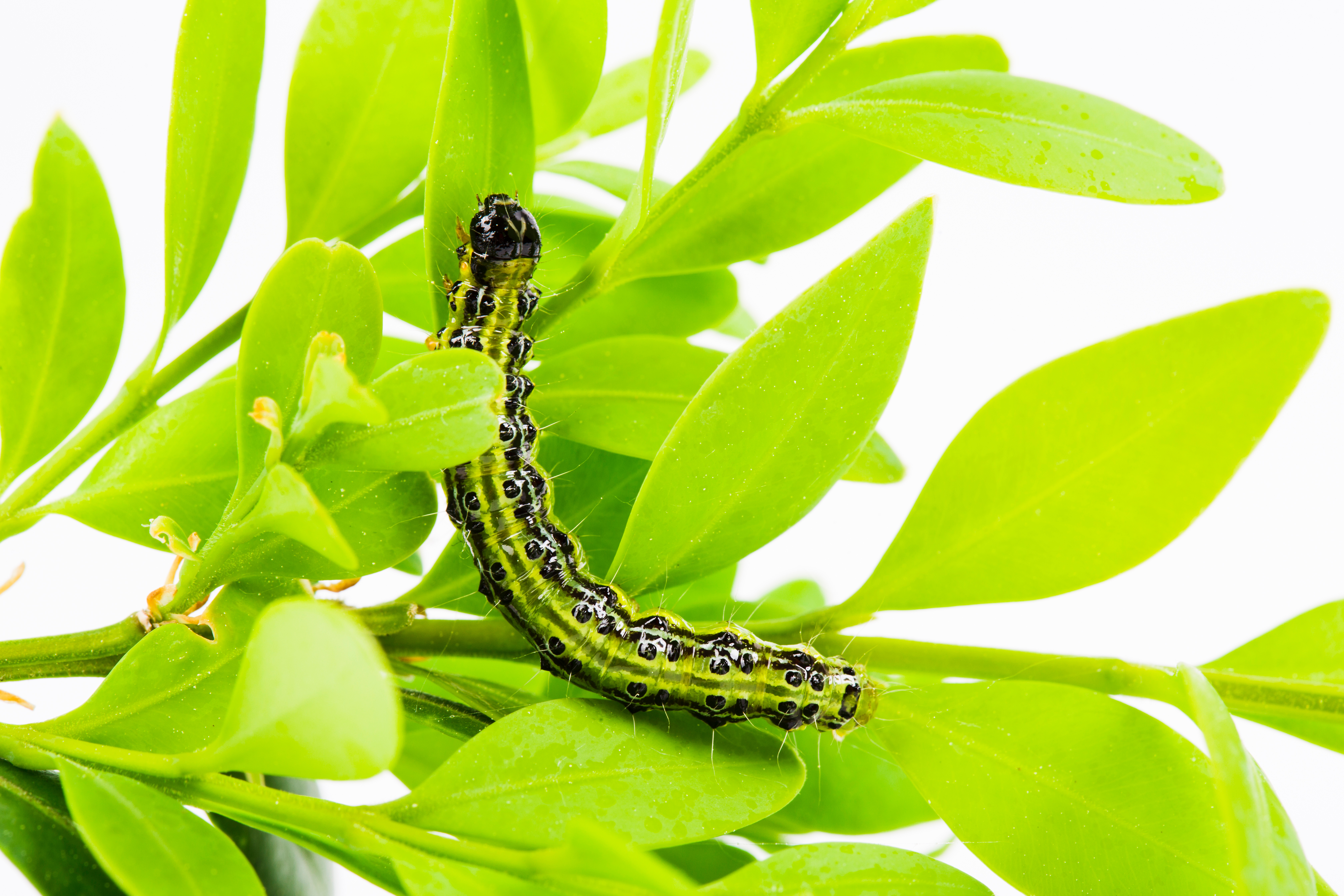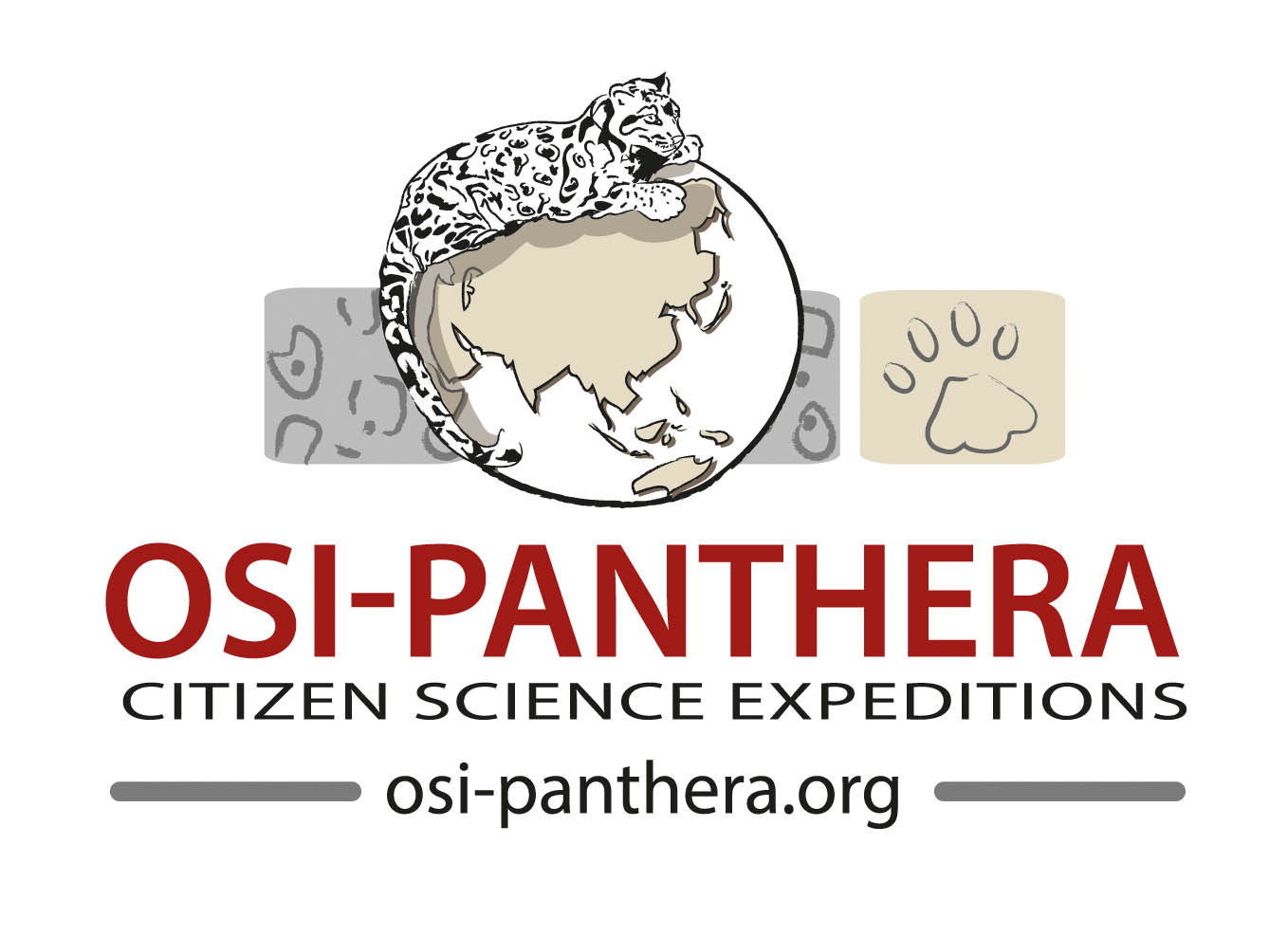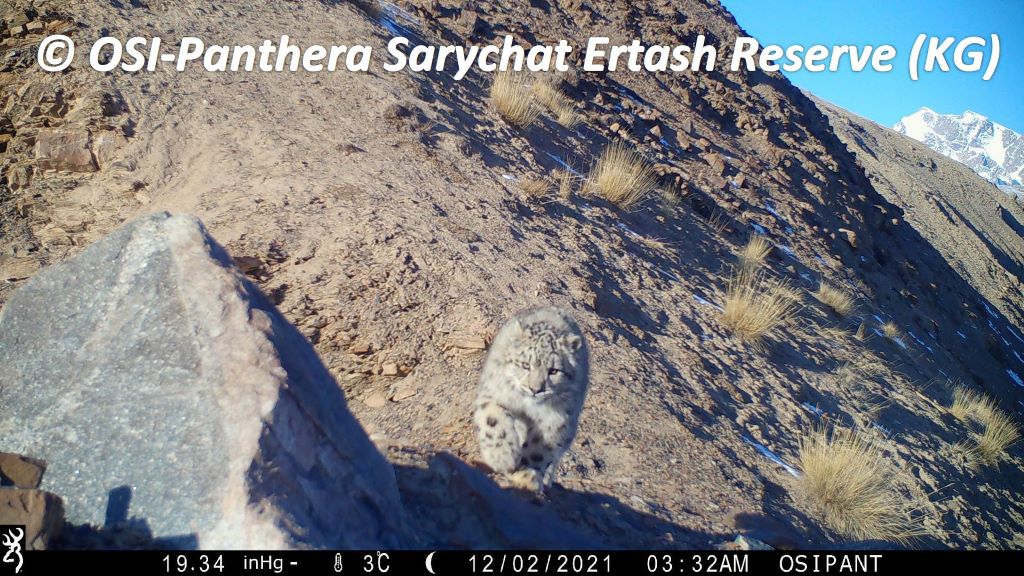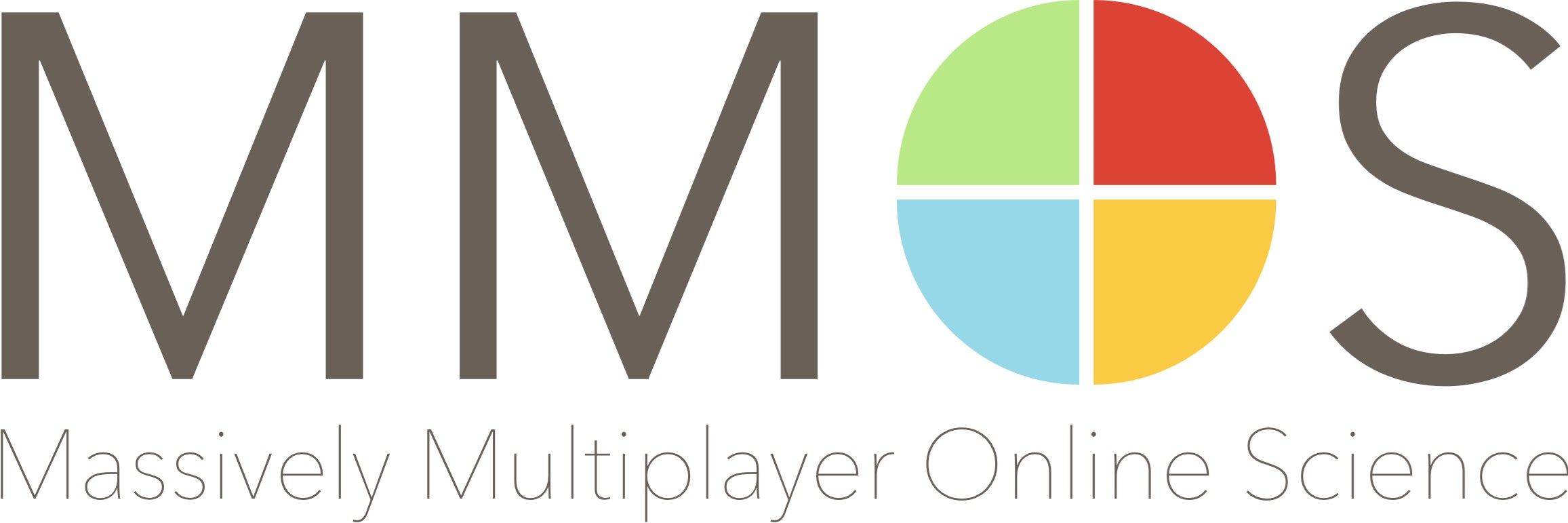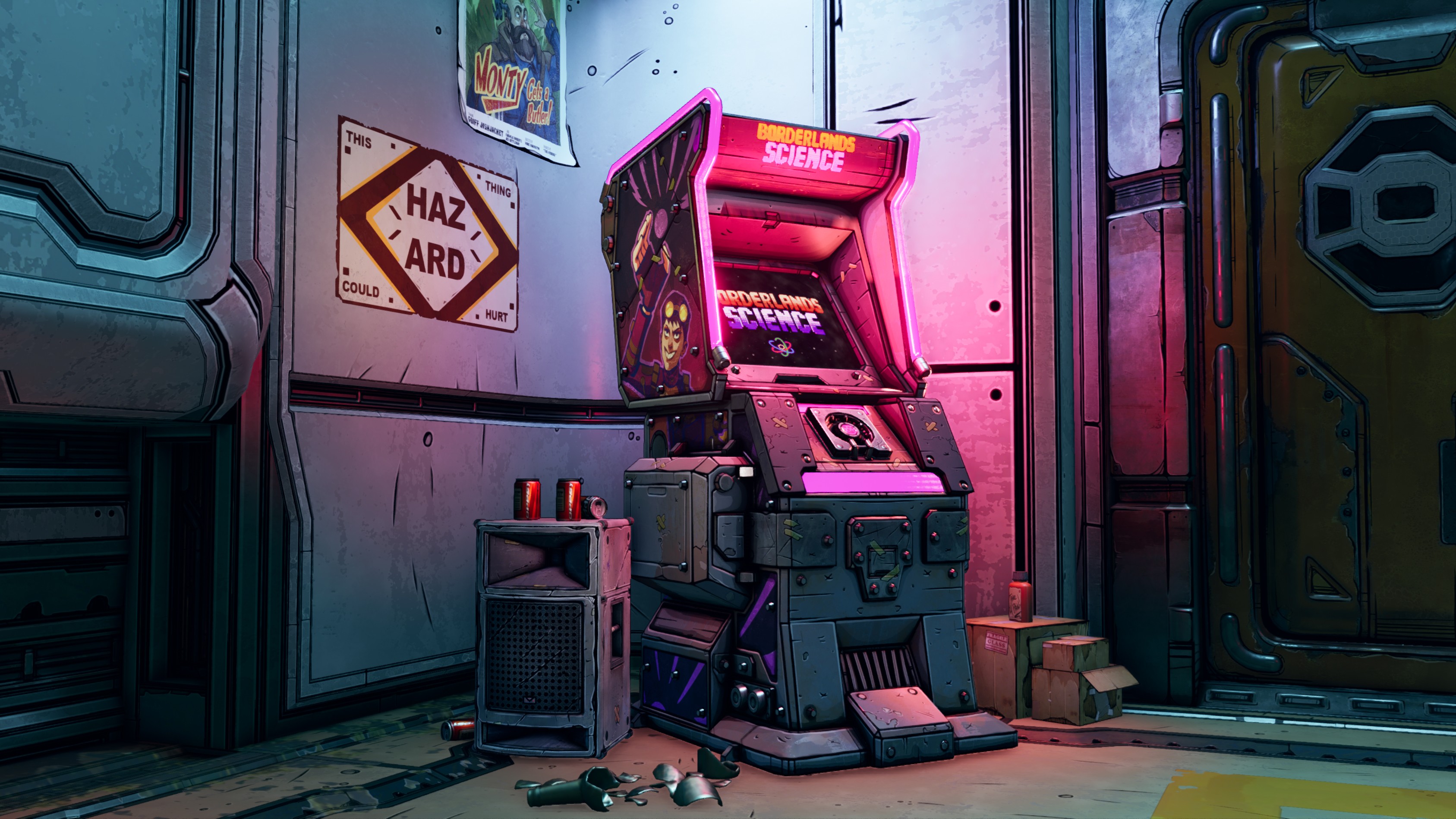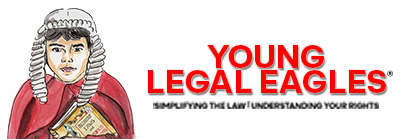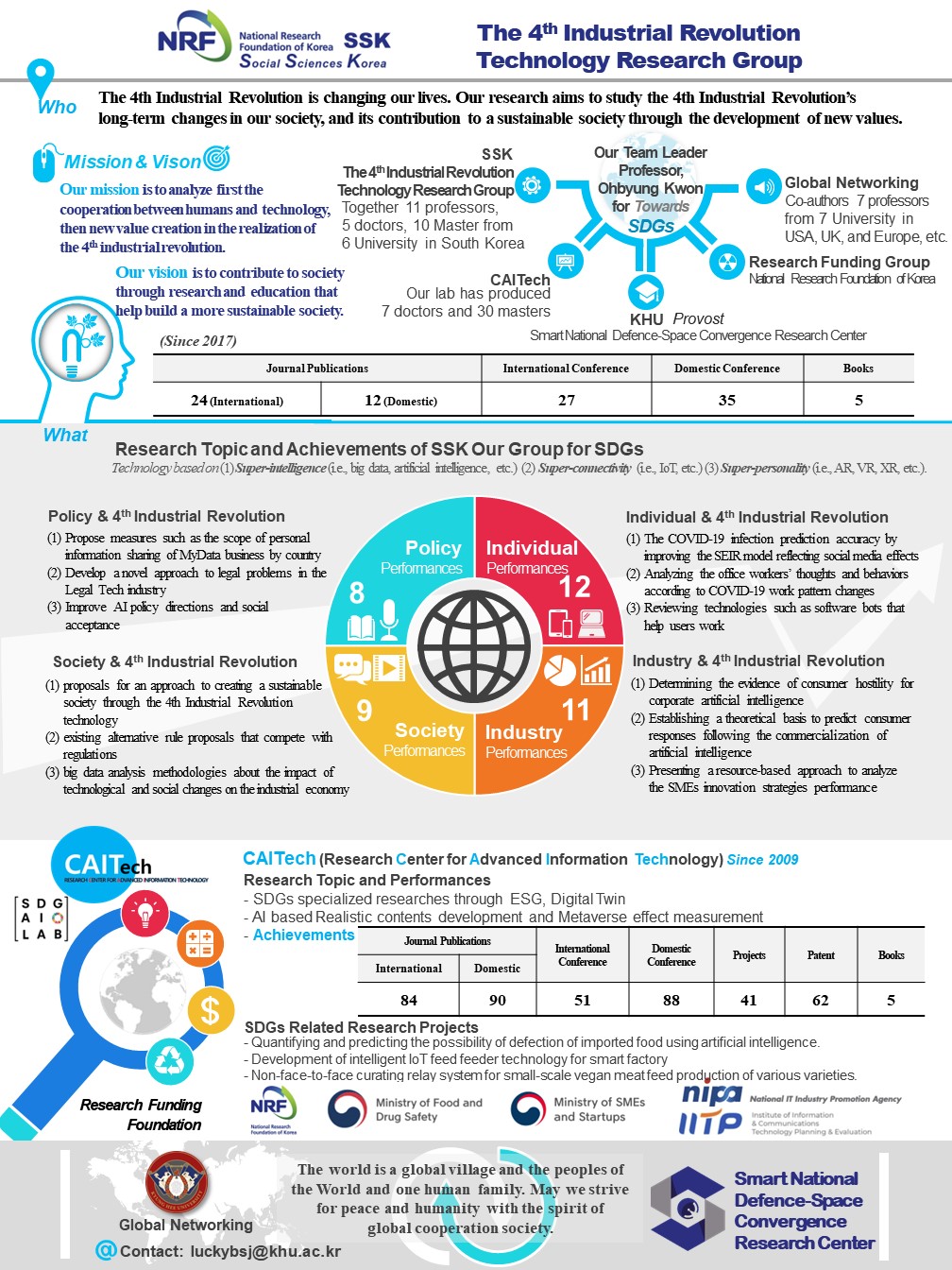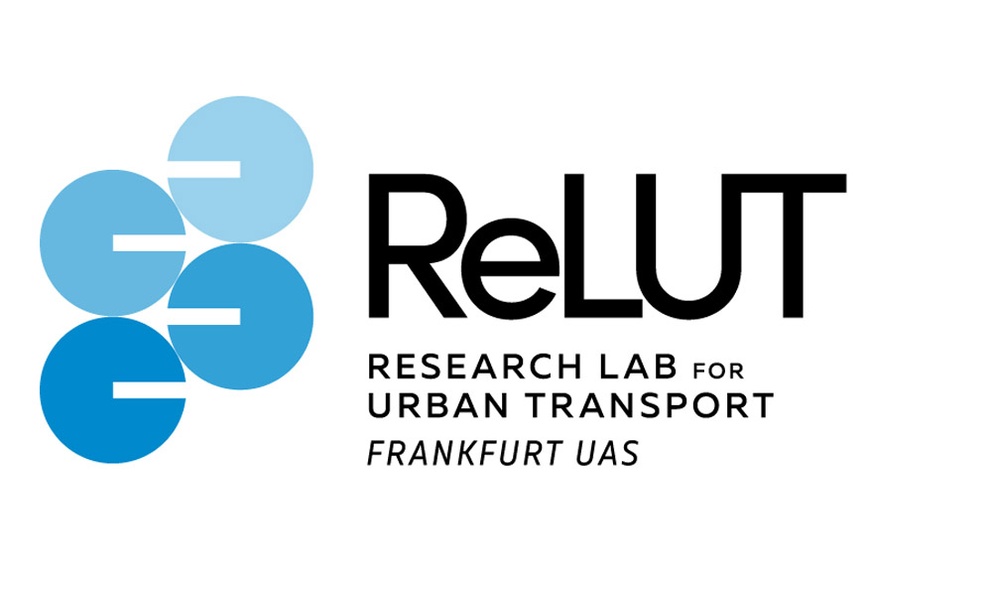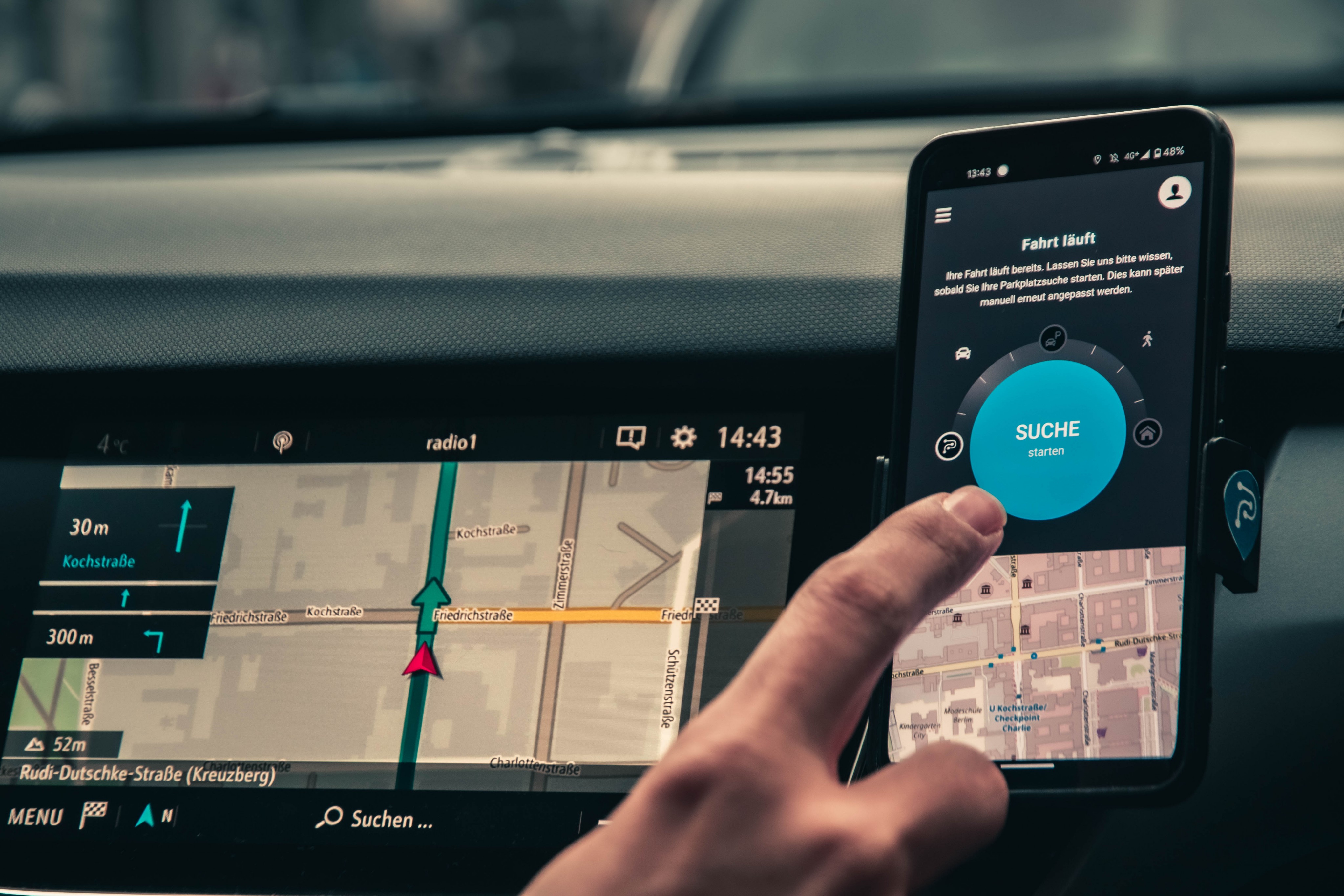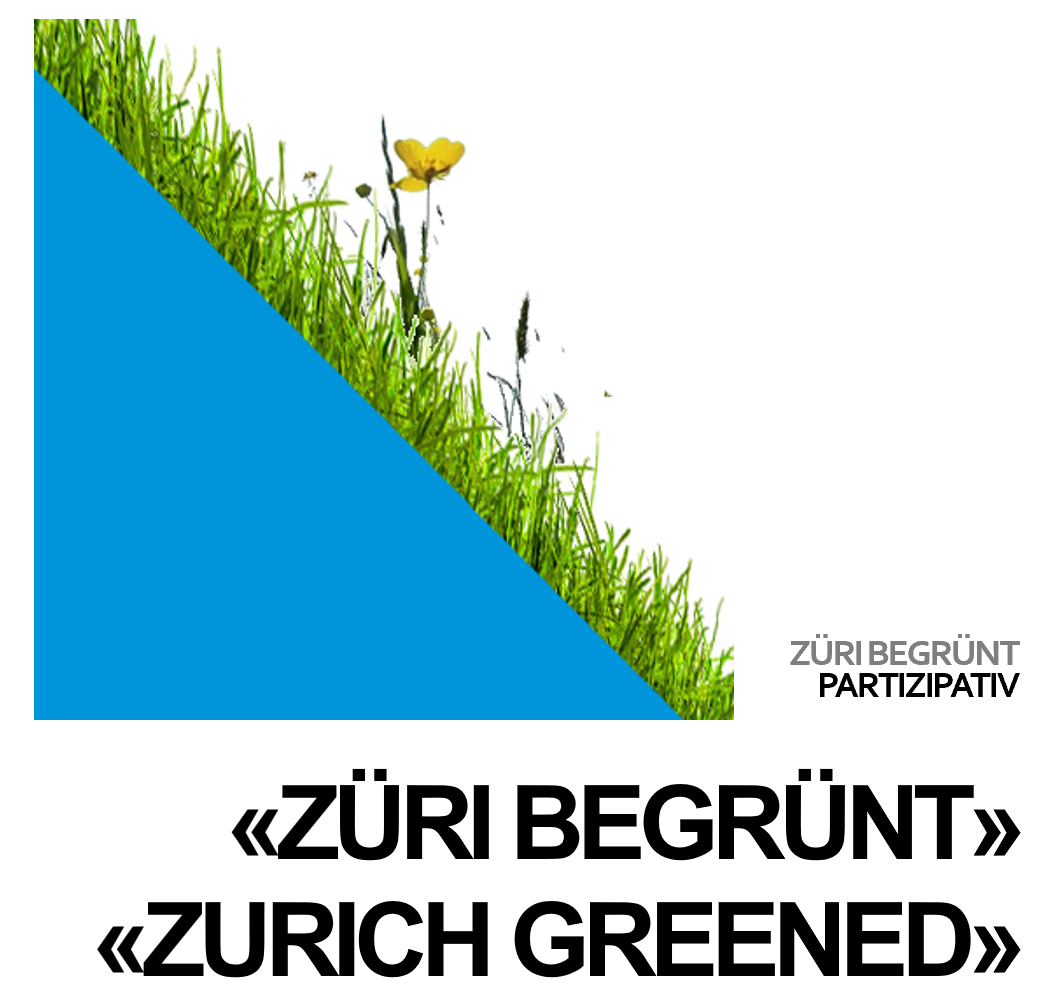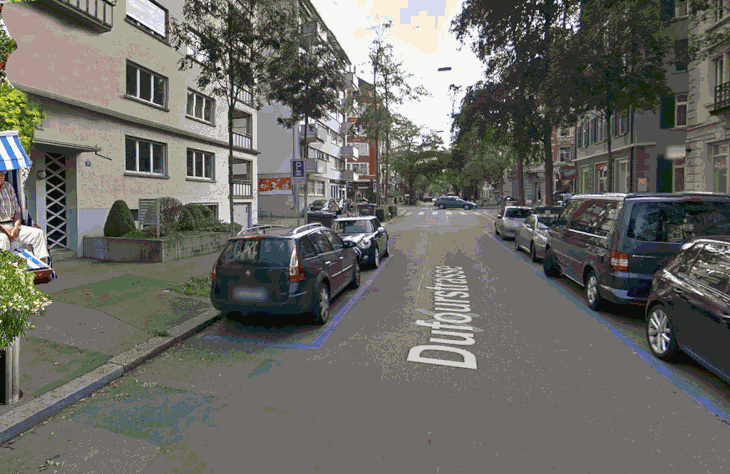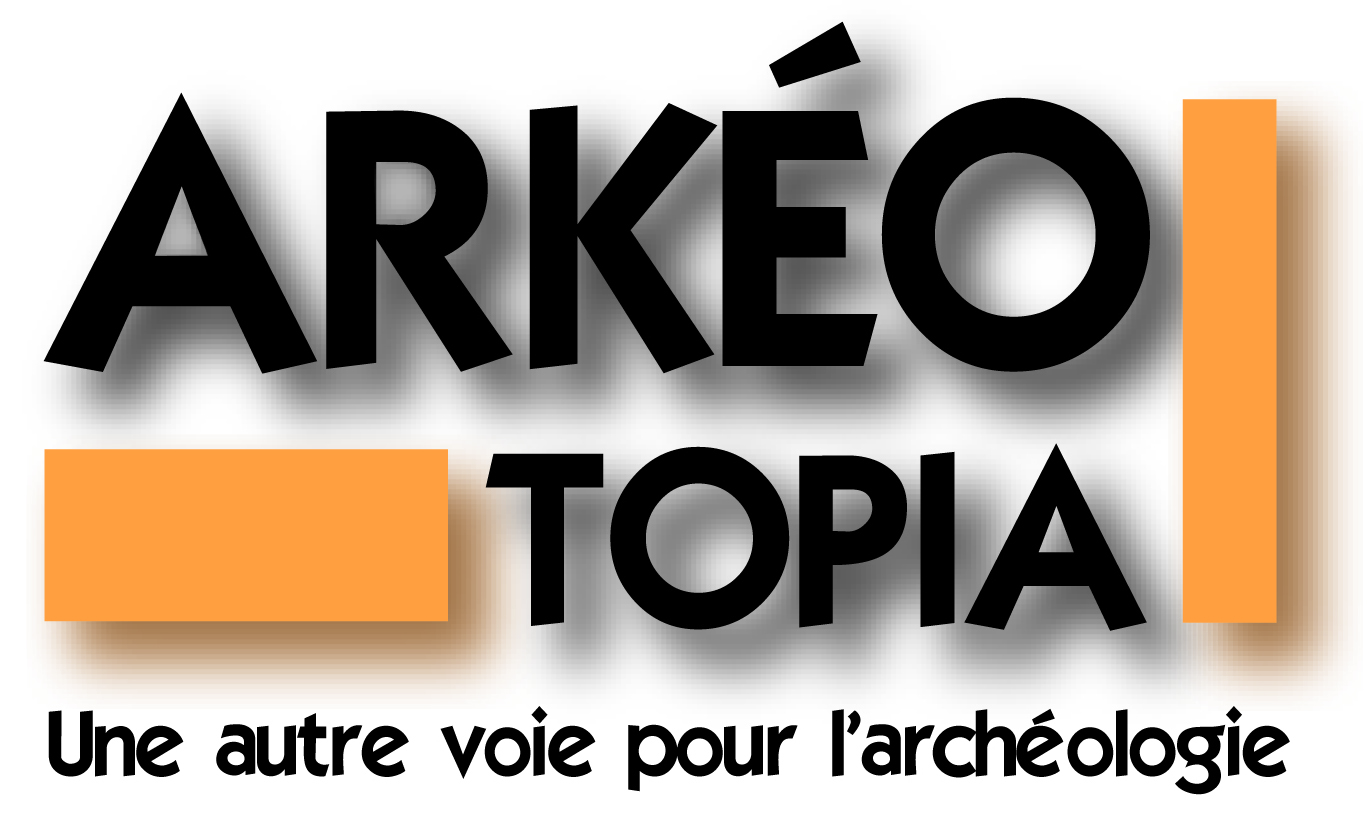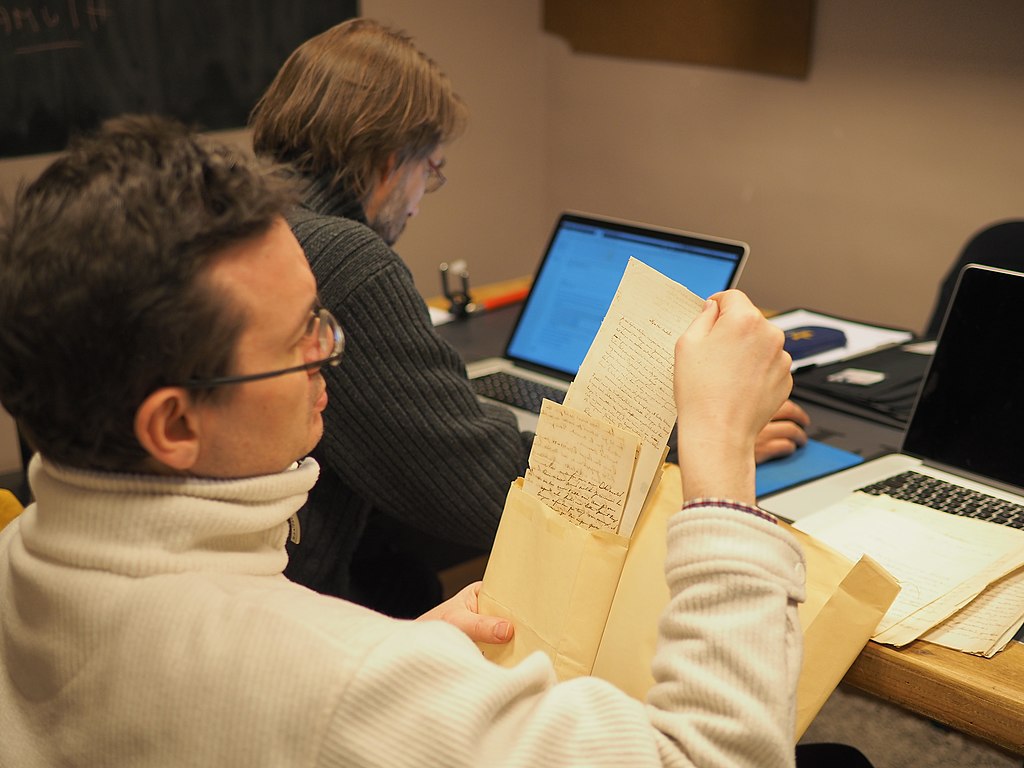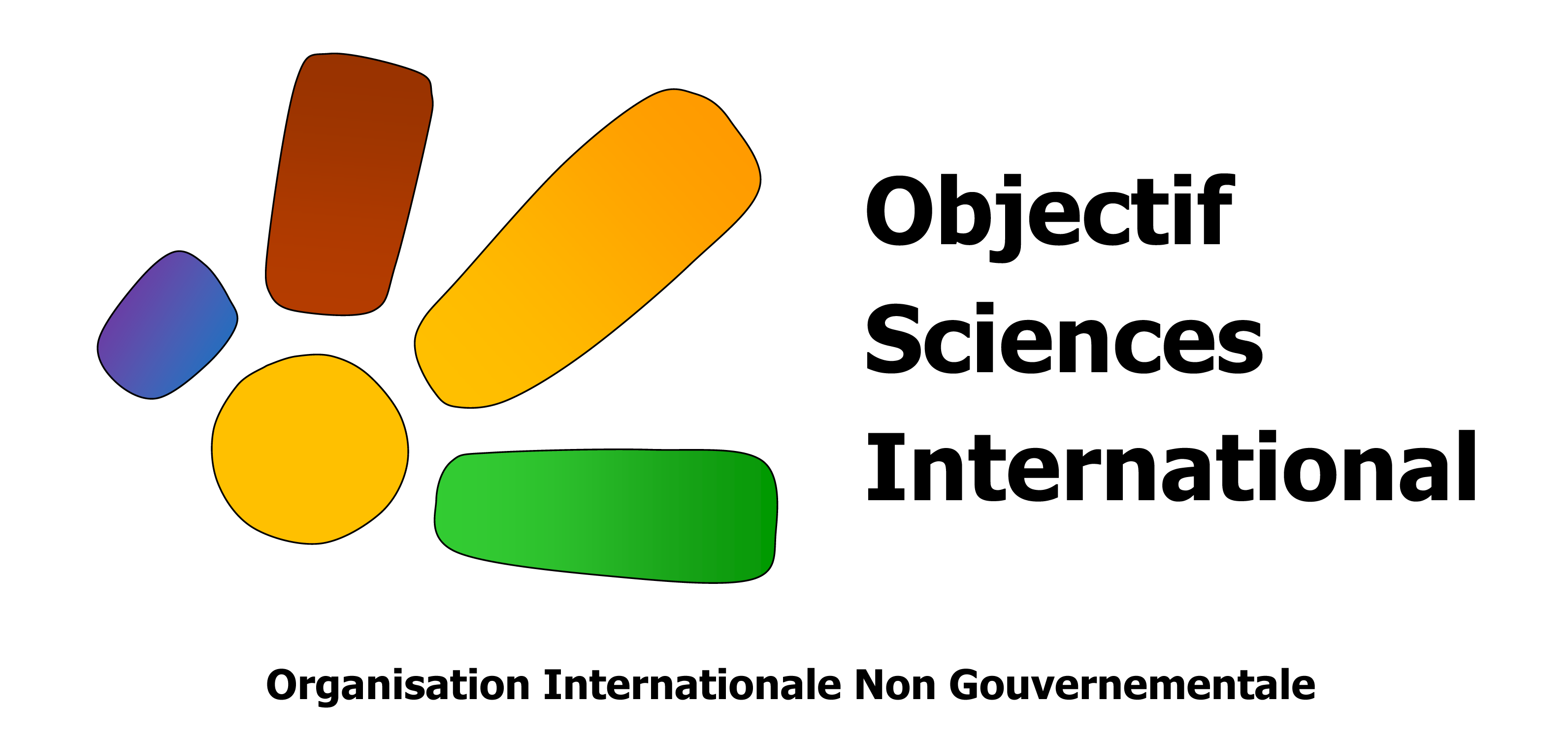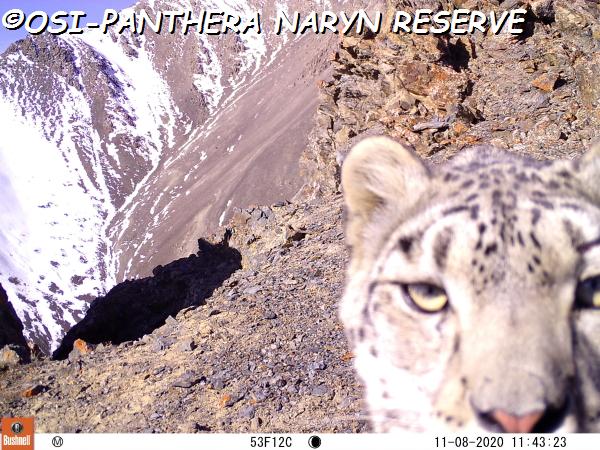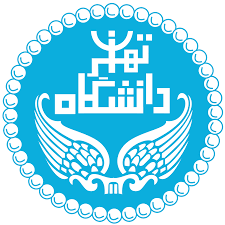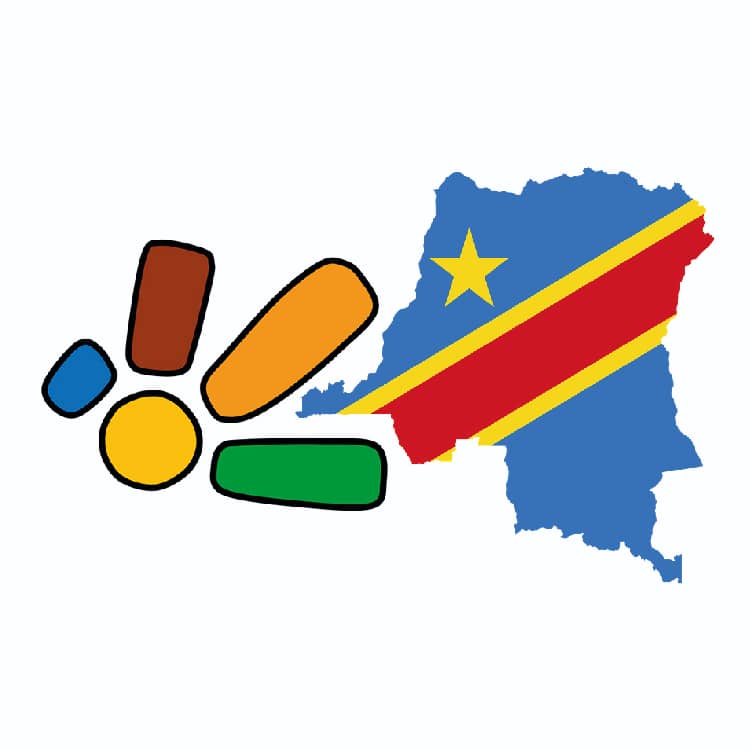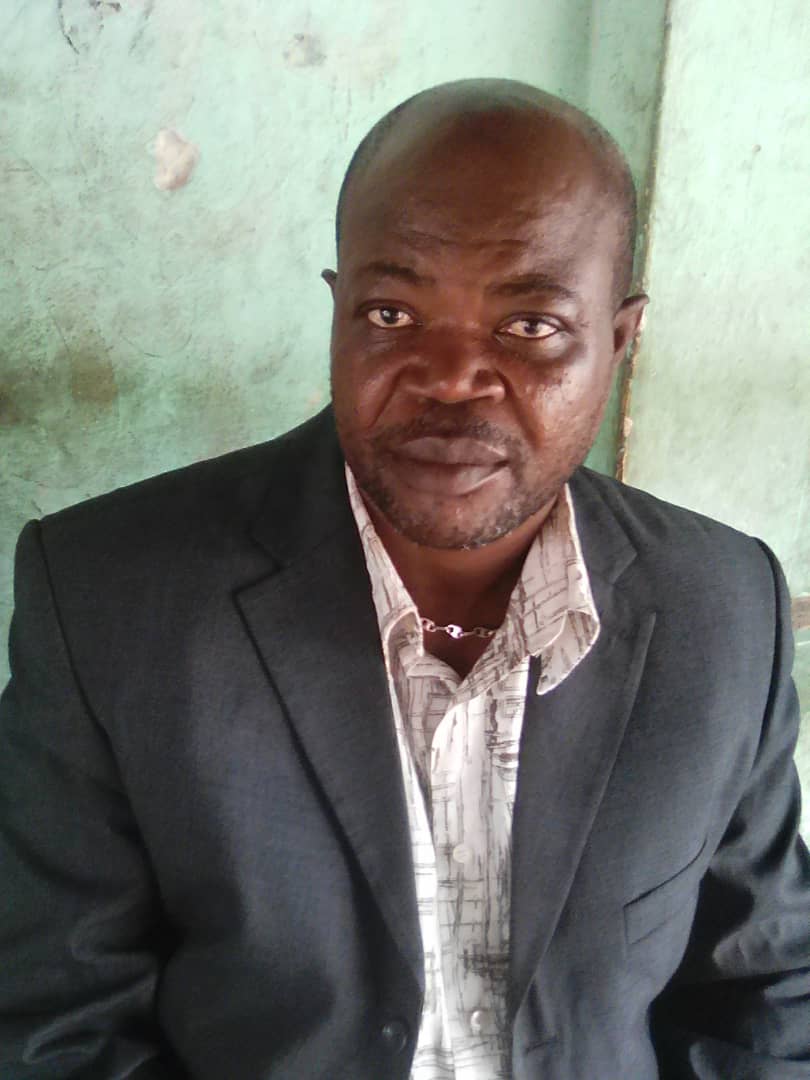Home > Records > Participatory Research, Citizen Sciences and Fab Labs for Peace and Sustainable Development Goals > United Nations - 2022 December 13-15 - Participatory Research, Citizen Sciences, Crowd-Innovation and Fab Labs for Peace and Development - Annual International Conference
6th Annual International Conference on Participatory Research, Citizen Sciences, Crowd-Innovation and Fab Labs for Peace and Development - 13 to 15 December, 2022, United Nations Organized by Objectif Sciences International,
in Official Partnership with ECSA, AddictLab, FabLab DigiScope and Université Paris Saclay
in Partnership of communication with (Other continental or worldwide networks, please contact us) Please forward to everybody you know active in the domain.
Below the Call for Contributions (Call for Abstract).
For all proposal of communication for the Program, please use the form on this page.
Thank you to use the form at the bottom of the page to subscribe, including if you want to attend only as audience.
Call for Contribution 2022 :
International Annual Conference on the Participatory Researches, Citizen Sciences, Crwod-Innovation and Fab Labs
in the frame of the 14th GENEVA FORUM at UN, December 12-16, 2022
United Nations, Geneva, Switzerland
| Tuesday 14 December aftermoon, Wednesday 14 December whole day and Thursday 16 december morning, 2022
from 09:00 to 18:00 Wednesday evening, de 19:00 à 23:00 : Networking Dinner of Science for Peace and Development Networks |
FREE ENTRANCE UNDER SUBSCRIPTION (United Nations Access Pass) |
| Presentations will be held in english and french. Debates and questions will be organized in english and french. | |
| Leading Projects of Education to Science and Citizen Sciences since 1992, and creating 1st Participatory Researches Camps in 2004, the NGO Objective Sciences International have the Special Consultative Status to United Nations. Active in all continents, the NGO organize every year, since 2012, the International Annual Conference on Rights of Nature in United Nations, at which one participate all Governments actives in this domain or interested by these works. From 2016, and every year, OSI organize into the heart of the United Nations hemicycle the International Annual Conference on the Citizen Sciences and Participatory Researches, in order to allow all the actors and operators in these domains to exchange, meet and share directly and at the largest international level. | |
| Crowd Sourced Sciences Operators of Citizen Sciences who exchange already at national and continental levels (Europe, America, Asia, Africa, Middle-East...) and who desire to exchange together, and share practices and solutions, at the world level, meet together at the Annual International Conference organized in the United Nations. | |
Fab Labs / Citizen Science / Participative Researches
Several public or associative organizations that are active in the domain of Citizen Sciences or Participative Research, federated or organized, at the national level. The main national actors, the federations, and the specific operators, organized presently at the international level, and are called to meet annually at the end of the civil year, at the International Annual Conference on the Citizen Sciences and the Participative Researches, at United Nations, in Geneva.
This annual space of sharing results and pooling of skills, allow to the actors of the domain to exchange practices, solutions, ideas, needs.
Your Annual Exchanges Resource
In the following of the national and continental meetings that are organized in each country and continent by the local federation, this International Annual Conference at United Nations allow the actors to implement in consultation, or to inform mutually, of progress and actions they lead during the year, or that they have in project.
The participants at this Conference are:
- Local and regional actors of different countries
- Thematic Actors by scientific disciplines
- Regional or national federations
- Thematic Federations, by scientific disciplines
- Large Institutions of Science or Education
- Government departments (Education, Research, Environment, Industry ...) and international associations of Ministries
- Specialized Journalists (science, environment, education, sustainable development ...)
- UN agencies (UNDP, UNEP ...)
Subjects that are in the agenda of this year are:
- Standards and references of exchange on Citizen Science practices between national and international organizations
- National and international Charts of Citizen Science, examples, projects, ongoing discussions of shares
- Financing Solutions of the actions of Citizen Science
- Access of citizen actors to the Research beyond their simple contributions
- Administrative Status / legislative / recognition / etc of actors of Citizen Science projects
- The Citizen Research, beyond the digital interface
- Expected Features of web portals of Citizen Science
- Services for Citizen Science provided by FabLabs
- Dissemination and Exploitation of the results to the uninvolved Big Public
- Road map for the mutual opening of the data collected
| Special Chamber by and for the FabLab : FabLab for the Sustainable Development |
|---|
| FAB SDGs is the Macro-Management Initiative created by OSI - Open Science International (Objectif Sciences International) and Fablab Digiscope - Université Paris-Saclay to facilitate the alignment of fablab activities with the Sustainable Development Goals (SDGs). This workshop of the the Conference, organized in this long term collaboration with the GENEVA FORUM will gather experts from the global fablab network who already align with the SDGs together with new comers willing to align their fablab programs with the SDGs. For this second session at the GENEVA FORUM 2022, the FAB SDGs Working Group will focus on detecting existing and robust programs that already align with the SDGs through an anticipated call for contribution to fablabs. This call will also give new comers the opportunity to expose new programs and activities - even the most disruptive ones - aligning with the SDGs. During the GENEVA FORUM, we will discuss the panel of strategies to support, to distribute, and to bring the most advanced fablab activities, programs and peoples to align with the SDGs at a global scale, to promote the alignment between the Open Science Practices and the SDGs. For participating as speaker at this workshop, you just need to register at GENEVA FORUM on this page, then follow instruction your will received to post a proposal of presentation. For participating as listener and participant, you just need to register at GENEVA FORUM on this page. |
Detailed Program
Exchanges between stakeholders of the meeting will happen in a round table between speakers and debates with the audience of the Assembly.
Organiser : NGO Objective Sciences International, Geneva
Chairman:
| Mr Thomas EGLI CEO GENEVA FORUM at United Nations : www.osi-genevaforum.org Know more about Thomas EGLI, Founder of Objectif Sciences International, CEO of the GENEVA FORUM |
Co-Chairpersons:
| Mr Romain DI VOZZO in charge of the Fab Lab Chamber Fablab Digiscope|Université paris-Saclay|FAB SDGs Initiative |
Here the Programme of the 5 days of GENEVA FORUM of December 2022, where are described the days dedicated to the Conference on Science for Peace and Sustainable Development Goals.
Official Opening Session
Official welcoming session for Fab Lab Chamber : Tuesday 13 December 2022 3:00 pm
Session organised in partnership with Fab Foundation, FAB SDGs Initiative, Université Paris Saclay and Objectif Sciences International.
- Keynotes
- Remarks on current situation
- informal gathering of Fab Labs; Welcome and preparation for Wednesday Fab Lab activities
Official welcoming session for Citizen Science Chamber : Wednesday 15 December 1:30 pm
Session organised in partnership with ECSA, AddictLab, Science et Cité and Objectif Sciences International.
- Keynotes
- Remarks on current situation
- Remarks about concepts of the International Annual Conference
Presentations currently proposed for 2022
Validated Presentations
Opportunities and Challenges with Citizen Science ORAL PRESENTATION
By mobilizing "citizen scientists", participatory sciences have been contributing to our research projects. The presentation will review a typology of various programs and a presentation of the implemented experiences and will analysis the stakes and the issues we faced.
Mr Frederic ANDRES, National Institute of Informatics, Japan, www.nii.ac.jp
Projet OSI WaterWatch et OSI chip hack’Ademy ORAL PRESENTATION
We are going to present two different but complementary participatory scientific research operations with the same long-term objective. These two participatory research projects took place in Nancy, France, from 10 to 24 July 2022.
In this project we were divided into two different groups: OSI WaterWatch and OSI Chip Hackademy. The WaterWatch project aimed to perform chemical and physical measurements on water samples taken from streams. The OSI Chip Hackademy project aimed to create a database to store the measurements made by the OSI WaterWatch scientists.
Mr ROUZET Mathieu and Mr GAUTHIER Arthur, ONG Objectif Sciences International - OSI-WATER WATCH, France, https://www.vacances-scientifiques.com/spip.php?page=advanced-research&rids=%5B577%5D
Successes and failures of the first Swiss Crowdfunding plattform for science ORAL PRESENTATION
Citizen Science, crowdfunding and science in general, have the tremendous potential to change the world for the better by including citizen. However, prior to 2017 there was no platform specifically dedicated to science in Switzerland. And science was solely mainly financed by industry and by different foundations, especially the state-financed Swiss National Science Foundation (SNSF). However, the vast majority of research projects funded by the SNSF are long-term, with a duration of 2 or 3 years, with large budgets, and usually do not involve the citizen.
Crowdfunding thus seemed to be an interesting way forward, as many creative industries and fields, such as arts, journalism and others were already using crowdfunding for launching new innovative ideas.
Crowdfunding would allow project initiators not only to quickly fund small-scale ideas, but also to test their ideas with a broader public and involve them actively via Citizen Science.
These reflections gave lead to the launch in January 2017 of the first crowdfunding platform specifically focused on science projects in Switzerland. The platform called the Science Booster is now well established, and available under https://science.wemakeit.com/. In the presentation, the founder will present the story of this platform, its results since 2017, as well as its failures.
BISCHOFBERGER Mirko, We Make It, Switzerland, science.wemakeit.com
The impact of the boxwood borer in the Drôme (South East of France) ORAL PRESENTATION
We will discuss the problems related to invasive species and more particularly the boxwood borer. Indeed, during a stay in 2019 in the Drome with the organisation OSI we could observe this insect and its impact on the environment. We will present this trip and the observations we made in 2019, with the research program ’OSI Perception’. We will propose different solutions to face the moth and other invasive species.
Mr CLEMENT Antoine and NGAMBA Maxence, ONG Objectif Sciences International (OSI) - Programme OSI-PERCEPTION, France, https://www.vacances-scientifiques.com/spip.php?page=advanced-research&rids=%5B570%5D
OSI PANTHERA - PARTICIPATORY RESEARCH PROGRAM ON THE SNOW PANTHER AND ITS ECOSYSTEM ORAL PRESENTATION
Discover a participatory research program from the collection to the valorization of data! Since 2006, the OSI-Panthera program has been working to study and protect the snow leopard and its ecosystem in Kyrgyzstan, and since 2019 in Nepal, through the organization of participatory research missions. In the field, participants work to monitor wildlife through observations, readings of signs of presence, setting camera traps and collecting excrement for a genetic study of the snow leopard population.
All this in partnership with nature reserves and local associations. Post-expedition, this beautiful project continues to attract and volunteers (having accompanied us on the field or not) contribute to the analyze of data and/or their enhancement.
Mrs Anne-Lise CABANAT, OSI-PANTHERA, Kirghisztan, www.osi-panthera.org
Gamers for Science: How to Change the World in Small Steps ORAL PRESENTATION
Citizen science reigns supreme in science engagement and provides invaluable help for researchers. Unfortunately, it often struggles with attracting participants. Our innovation was the integration of these science microtasks with existing major videogames with the help of expert videogame developers to invite massive gamer communities as contributors. Collaborations, like Borderlands Science or EVE Online’s Project Discovery with high-profile researchers, like Nobel laureate Michel Mayor or Rob Knight co-founder of the American Gut Project delivered groundbreaking results in citizen science.
In our presentation we provide a summary of the achievements of the last 6 years, how our small Swiss company, Massively Multiplayer Online Science (aka MMOS) set up several citizen science collaborations with major AAA videogame developers. These research mini-games became the most active citizen science projects worldwide, engaged over 5 million players, contributed with over 700 million scientific puzzles solved, were praised by a worldwide media coverage from the New Yorker to the frontpage of Nature Biotechnology, featured in several documentaries, and received awards, like the prestigious Lovie Award, the Innovation Award of the University of Geneva or the IGDA Community Leadership Award. We also give a short insight of what is under research and development at MMOS.
Mr. Attila SZANTNER, Massively Multiplayer Online Science (MMOS), Switzerland, http://mmos.ch/
To what extent do children have rights, an awareness of their rights and the ease to which they can apply their rights in individual member countries : A citizen Research project ORAL PRESENTATION
Believe it or not, children should have more rights than adults. This is improving all the time, with new children-focused legislation being further integrated into domestic law of many UN member states.
For many years, children were considered not to have their own rights. Instead, they were often seen as vulnerable and intimidated individuals and property of their parents or guardians. Their rights were considered as something subordinate to the overall needs and rights of their elders. Over the centuries, this has resulted in children being placed at risk of significant harm or having their rights infringed upon, with little to no protection from the law. This has led to many years where people and the State have run roughshod over the rights of children, leading to what we now accept to be extensive abuse. Rolling the clock forward to today’s world, children should now share exactly the same human rights as adults and they also now have their own additional rights embodied in both international and domestic law. However, even with this being the case, there are still times when children’s rights are being ignored. When this happens, governments and official bodies are supposed to intervene to look after the rights of children and make them aware of those right. Sadly, this doesn’t always happen. Children’s rights are an inalienable prerogative of all children to assert. Every person in society is an individual and has a right to be treated as such and with respect. If history has taught us anything it is that if we don’t use those rights and challenge society’s wrongs, we can end up losing those rights. Over the last few years, more and more children are becoming activists and agents for positive change in society, with the likes of environmental activist Greta Thunberg and Nobel Peace laureate Malala Yousafzai, leading the way. This has brought about a slow increase in awareness of children’s rights, with children seeking to get their voices heard and finding new ways to participate in the main decision-making processes that will influence their future.
This citizen science study focuses on children who are under the age of 18 years old, with the hypothesis that the majority of children are unaware of their existing legal rights and therefore are unable to properly assert their infringed rights through legal recourse. Children under 18 years of age, account for almost one third of the world’s population. As more children get better access to education, it will inevitably lead to an increase in their awareness of their own rights through national curriculum citizenship lessons. Whether the judicial system is willing to make the necessary changes to make it easier for children to assert their rights, I believe, is a major concern. Our research surveyed 1,892 children. The results indicated that very few children are actually aware that these laws exist to protect their children’s rights or how to go about asserting their rights through the courts. The aim of this citizen science project is to evaluate the current rights afforded, in law, to children, the level of awareness that children have of their own rights and how easy it is for children to apply these rights through the judicial system of their own country. It can be conducted through: Online survey; Street surveys; Digital surveys; & Local community engagement projects. Our mission is to empower children & young people to better understand & engage with their rights, through this citizen science project. To make a positive impact on society and influence policy and key decision-makers at both a national & international level. This citizen science research also supports the United Nations (UN) Sustainable Development Goals, specifically SDG16: to promote peaceful and inclusive societies for sustainable development, provide access to justice for all and build effective, accountable and inclusive institutions at all levels.
Mr LORD Monty, Young Legal Eagles, United Kingdom, https://YoungLegalEagles.com
What role will the co-evolution of the 4th Industrial Revolution technology play for a sustainable society? ORAL PRESENTATION
In South Korea, there is an SSK (Social Sciences Korea) research support program to foster the development of ‘The Excellence Research Group (Think Tank)’ by strengthening the academic self-sufficiency of Korean social science research and nurturing next-generation social scientists. SSK’s purpose is to reconsider the relevance of social science research, such as predicting future society evolutions and solving social problems, by reflecting research demand according to national and social changes. The 4th Industrial Revolution is changing our lives. Our research aims to study the 4th Industrial Revolution’s long-term changes in our society, and its contribution to a sustainable society through the development of new values. What are the top technology areas for convergent co-evolution and value creation through the 4th Industrial Revolution technology?
We are conducting research on the following technologies:
![]() (1) Super-intelligence (i.e., big data, artificial intelligence, etc.)
(1) Super-intelligence (i.e., big data, artificial intelligence, etc.)
![]() (2) Super-connectedness (i.e., IoT, etc.)
(2) Super-connectedness (i.e., IoT, etc.)
![]() (3) Super-personalization (i.e., AR, VR, XR, etc.).
(3) Super-personalization (i.e., AR, VR, XR, etc.).
We are conducting joint research bringing together 10 professors from 6 South Korean universities and 7 professors from 7 overseas universities. From 2020, quantitatively speaking our research resulted in a publication in 24 international journals (SSCI/SCIE index), 5 books, as well as 15 policy proposals, and the fostering of 19 new researchers. In this context, what are the most important areas of research to consider, and why are they necessary?
![]() (1) Individual aspects; Hyper-personalization emergence based on technological innovation in the era of the 4th Industrial Revolution.
(1) Individual aspects; Hyper-personalization emergence based on technological innovation in the era of the 4th Industrial Revolution.
![]() (2) Corporate aspects; Various types of corporate efficiency are being implemented using technology convergence.
(2) Corporate aspects; Various types of corporate efficiency are being implemented using technology convergence.
![]() (3) Social aspects; Along a super-intelligent society, multiple changes are expected to occur in the economic structure.
(3) Social aspects; Along a super-intelligent society, multiple changes are expected to occur in the economic structure.
![]() (4) Policy aspects;
(4) Policy aspects;
It is necessary to encourage the development and safe acceptance of the 4th Industrial Revolution with domestic as well as international legislation and regulatory policies on the use of artificial intelligence and convergence technologies. The main topics and achievements of each of our research areas are as follows. Individuals and the 4th Industrial Revolution; Analysis of major areas where collaboration between humans and technology can be effective
![]() (1) Improving the COVID-19 infection prediction accuracy by improving the SEIR infection prediction model reflecting social media effects,
(1) Improving the COVID-19 infection prediction accuracy by improving the SEIR infection prediction model reflecting social media effects,
![]() (2) Analyzing the office workers’ thoughts and behaviors according to COVID-19 work pattern changes,
(2) Analyzing the office workers’ thoughts and behaviors according to COVID-19 work pattern changes,
![]() and (3) reviewing technologies such as software bots that help users work. Companies and the 4th Industrial Revolution;
and (3) reviewing technologies such as software bots that help users work. Companies and the 4th Industrial Revolution;
For desirable corporate strategies addressing changes in industrial structure, or decision-making processes analysis on commercialization, etc., we are
![]() (1) Determining the evidence of consumer hostility for corporate artificial intelligence
(1) Determining the evidence of consumer hostility for corporate artificial intelligence
![]() (2) Establishing a theoretical basis to predict consumer responses following the commercialization of artificial intelligence,
(2) Establishing a theoretical basis to predict consumer responses following the commercialization of artificial intelligence,
![]() and (3) Presenting a resource-based approach to analyze the SMEs innovation strategies performance.
and (3) Presenting a resource-based approach to analyze the SMEs innovation strategies performance.
Society and the 4th Industrial Revolution; Based on the characteristics of a network society displaying features, such as a sharing economy or a platform economy, that impact technological development and social economy operations, we are developing
![]() (1) proposals for an approach to creating a sustainable society through the 4th Industrial Revolution technology,
(1) proposals for an approach to creating a sustainable society through the 4th Industrial Revolution technology,
![]() (2) alternative proposals to existing regulations,
(2) alternative proposals to existing regulations,
![]() and (3) big data analysis methodologies about the impact of technological and social changes on the industrial economy.
and (3) big data analysis methodologies about the impact of technological and social changes on the industrial economy.
Policies and the 4th Industrial Revolution; To prepare practical regulatory governance and policies that can lead to the introduction and commercialization of artificial intelligence convergence technology,
![]() (1) we propose measures such as the scope of personal information sharing of MyData business by country,
(1) we propose measures such as the scope of personal information sharing of MyData business by country,
![]() (2) develop a novel approach to legal problems in the Legal Tech industry,
(2) develop a novel approach to legal problems in the Legal Tech industry,
![]() and (3) improve AI policy directions and social acceptance.
and (3) improve AI policy directions and social acceptance.
Through research analyzing the cooperation between humans and technology, as well as the creation of new values, we intend to develop a clear action plan to secure a sustainable society in the future. Through South Korean society as well as the global network, this process is expected to serve as an opportunity to present an appropriate model and contribute to a sustainable society.
Acknowledge: This work was supported by the Ministry of Education of the Republic of Korea and the National Research Foundation of Korea (NRF-2020S1A3A2A02093277).
Mr BAE Sujin, Kyunghwa HWANG, Minjeong SUH, and Ohbyung KWON, Kyung Hee University, Republic of Korea, http://4ir.khu.ac.kr, http://caitech.khu.ac.kr
Participatory research project on kelps ORAL PRESENTATION
Algeas are very important to the ocean ecosystem. But they are very useful for the Humans.
We will present a participatory scientific research trip that took place in French Britanny, involving citizens, to observe and study algae, in order to assess their health.
Mrs. EYDELY Lilou, Objectif Sciences International (OSI), Programme de recherche participative OSI-CETIS, France
start2park ; Determining, Explaining and Predicting Cruising for Parking ORAL PRESENTATION
When calculating travel time with navigation apps, the time needed to find a parking space is neglected. Therefore, the attractiveness of private car use compared to other means of transport appears higher than it actually is. Current navigation apps neglect parking search traffic, making private car use appear overly attractive compared to more sustainable modes of transportation and thus increasing congestion. Implementation of parking search time in navigation apps could reduce unnecessary parking search traffic. This would be associated with reductions in emissions, traffic volume, and travel time. Moreover, previous studies show that parking search time (cruising for parking) has not been convincingly measured yet. This research project closes a research gap by precisely measuring parking search time based on collecting data via an app developed for this purpose. For representativeness of our results. we rely on citizen scientists to track their car travel.
Both intrinsic motivation and extrinsic rewards are employed to entice volunteering. From the data gathered we are able to precisely determine the starting time of cruising for parking. In this way, average parking search times can be determined according to district types and time. One research goal of the project start2park is developing a model to explain parking search time to identify public traffic-planning options. Moreover, a parking search time prediction model is developed in order to implement real-time forecasts of parking search time in navigation apps.
Mrs KOENIG Larissa, Research Lab for Urban Transport, Germany, www.frankfurt-university.de/en/about-us/faculty-1/research-institute-ffin/specialist-groups-of-the-ffin/relut
«The Horse» concept - Collaborative Projects across Cultures ORAL PRESENTATION
Discovering things together, discussing, experiencing on site, creating, publishing and propagating: learning through experience fosters sustainable thinking and acting - that is "The Horse" concept! Since the beginning in 2016, students and other young and curious people from various countries get the opportunity to tackle collaborative projects in an international context. We operate the necessary infrastructure for collaboration and project publication and continue to develop «The Horse» concept, that demands & promotes professional, social, linguistic and media skills of learners and teachers.
So far, more than 170 environmental projects by teams from different parts of the world have been published on https://dontwastemy.energy/ // World map with projects: https://bit.ly/3FDCcNE Our goal is to improve «The Horse» concept and make it available to the whole world! We are looking for people who believe in collaboration, who want to take action and make more projects possible across cultural boundaries. Association website: https://the-horse.education/
Mrs SUTER Eliane, su-pa.net / THE ! association, Switzerland, https://the-horse.education/
Zurich greened participatory - cool down your city! ORAL PRESENTATION
Greening is an urgent issue in the context of climate change adaptation. Urban dwellers are particularly affected by the "heat island effect": Urban heat islands affect health and cause rising costs. How does a web-based tool function optimally so that the realization of greening projects gets simpler and more effective. The new concept allows deep insights into practical examples and expertise without ever leaving the simplicity! Projects and ideas can be presented and networking between people from different fields of expertise and interest is encouraged.
The goal of the project is to make cities greener & cooler and improve the quality of life. We will show you the idea and the possibilities. Project description: https://www.schweizforscht.ch/projekte/zueri-begruent-partizipativ-cool-down-your-city (German) Overview web app: https://bit.ly/3VK8fRl (PDF, German)
Mr Dominik FEHR, su-pa.net / "Züri begrünt" partizipativ, Switzerland, https://su-pa.net/
Presentations currently in Validation process
Open Science, a way to Citizen Science ORAL PRESENTATION
Are we communicating enough about participatory research? Is this research fully visible to the media and scientists? Once we have clarified what we mean by Open Science and after positioning participatory research in this approach, we will question the different types of participatory research in order to highlight those that go beyond the usual framework, such as many initiatives coming from the Free-culture movements (Creative Commons, Wikimedia galaxy, Open Street Map, QGIS software, R language, etc.).
We will then come back to the importance of FOSS movements (Free and open-source software movements) for scientific research professionals, using the less known cases of archaeology and meteorology. Then, we will discuss some tracks to make citizen science works more visible to scientists and the media in order to increase its range.
Mr Jean-Olivier GRANSARD-DESMOND, ArkéoTopia, France, www.arkeotopia.org
Presentations done in 2021
Validated Presentations
Citizen science: more than just a data-collection tool (a case study from Cyprus) ORAL PRESENTATION
Data is vital to identifying the cause and potential solution to problems. Unfortunately, often a large amount of data is needed to draw these conclusions, an amount that is often impossible for researchers to collect alone. A viable solution to this problem is a tool known as citizen science. Citizen science involves the mobilisation of the public to assist in data collection. The data gathered from citizen science efforts have helped draw conclusions and present solutions to known problems. One of the vastest environmental problems currently plaguing the earth is that of marine litter. Marine litter is having documented detrimental effects on both wildlife and humans. The public is often unaware of the true destruction caused by marine litter and do not understand that it affects everyone regardless of nationality or social standing.
This is the concept that led to the implementation of the MarLitCy project, to introduce the issue of marine litter to Greek Cypriots and Turkish Cypriots, collect much-needed data on the distribution of litter on the divided Mediterranean island of Cyprus and bring together two communities in conflict over a common goal. This vital data will be used to supplement the marine litter database of the project which is subsequently used to inform on decisions that affect the wellbeing of the island.
Through the implementation of joint, bi-communal activities involving beach and seabed cleanups with volunteers and divers, MarLitCy brings an unconventional twist on the idea of citizen science not just for the collection of large amounts of data but also as a tool to spark conversation and understanding between two divided communities and to increase the awareness of a country on the issues that affect them. This paper will present the outcomes and lessons-learned from these citizen-science actions and how this can be replicated to facilitate extensive data collection alongside cooperation.
Abstract in englishThe MarLitCy Project is funded by the European Union under the Cypriot Civil Society in Action VI grant scheme and implemented by Famagusta Walled City Association (MASDER), AKTI Project and Research Centre, North Cyprus Diving Centres Association, and Enalia Physis Environmental Research Centre.
Mrs Christina BALDWIN and Xenia LOIZIDOU and ATAI Serdar, Famagusta Walled City Association MASDER, MarLitCy: Marine Litter for Synergies, and Capacity-building, Cyprus, http://www.marlitcy.eu/
On Nature Peaks ORAL PRESENTATION
In July, I went to Chandolin, one of the highest villages of Europe to participate, with other uninitiated, to the program of On Nature Peaks.
This program is a mix of botanic and alpinism, where participants, from 13 to 45 years old, collect botanic data, supervised by a professional botanist. It is included in the BIODIVERSITA project, which is composed of a lot of other programs, and which objective is the etude and conservation of the biodiversity, via citizen research.
Mr Luc IMBERT, ONG Objectif Sciences International - OSI BIODIVERSITA, France, https://www.osi-biodiversita.org/
Botan’Isle : Mobile gardens for plant education and ethnobotany research. ORAL PRESENTATION
Creating and impulsing meaningful changes in our societies will involve several layers of innovation, from education and research to industry. Can we, as companies, reimagine our way of innovating, taking into account the real needs of citizens, the ecological balance of the world, and maintaining a virtuous work cycle ? Benephyt, created in 2013 as an independent research company, aims at tackling the matter of chronic pain, a disease that touches more than 30% of citizens worldwide, and currently lacks efficient long term treatments. In addition, Benephyt now has several new missions like encouraging biodiversity, protecting and translating ethnobotanical knowledge to a large and diverse public.
Our objective is to rediscover, assess and explore the relevance of traditional knowledge for the treatment of chronic pain and other relevant uses of plants , through ethnobotanical and ethnopharmacological approaches.
For this purpose, knowledge collection and crowd-sourcing of information is required. In an attempt to make this exchange of knowledge virtuous and ethical, we imagined the prototype of a modular and mobile educational garden that will allow us to both communicate and gather information about the local use of plants in the East of France. This polyvalent tool could allow education and research opportunities in all kinds of locations and in the most unexpected places, from cities to remote villages and from libraries to supermarkets.
Overall, we hope that this prototype will become a valuable tool of research in the field of ethnobotany and ethnopharmacology as well as for raising environmental awareness among citizens and therefore adding to the global effort for the sensibilization to biodiversity protection and conservation.
Mrs Eléa HEBERLE, Ph.D ; Ethnopharmacology researcher - Benephyt, France, www.benephyt.fr
Along the tree - springtails ORAL PRESENTATION
Presentation of two research projects about soils. Evaluation of the efficiency of various protocols on soils’ observation. Participation to an experiment aiming to alter the relations of individuals to the soils.
Mr Pierre DEBELLEMANIERE, ONG Objectif SCiences International - OSI PERCEPTIONN, France, https://www.osi-perception.org/
When the biodiversity of ecosystems meets the citizen science ORAL PRESENTATION
How have a better understanding of the interactions, within an ecosystem, of the various life forms in order to offer innovative ecological solutions ?
The solution could be to raise awareness on integrated management systems through project educqtion to increase familiarity with ones’ environment.
Mrs Solène TOUZEAU, ONG Objectif Sciences International - OSI PERCEPTION, France, https://www.osi-perception.org
Moth and Comllembola ORAL PRESENTATION
The trip in the course of the trees Pyralidae and Springtails created by OSI present :
The pyralidae, an invasive species that destroys every bush in its path ! However, we don’t know everything about them .... The number of times they moult is still unknown and predators hapve been discovered by OSI !
The springtails are super heroes invisible to the naked eye ! Yet without them we cannot live ! They provide nutrients and aerate the soil better than anyone else !
Mr Paule-Elie RABIER and Mr Amaury BARRET, ONG Objectif Sciences International OSI PERCEPTION, France, https://www.osi-perception.org/
OSI PANTHERA CITIZEN SCIENCE EXPEDITIONS TO PROTECT THE SNOW LEOPARD AND ITS ECOSYSTEM ORAL PRESENTATION
Since 2007, the Panthera program has been working to protect the snow leopard and its ecosystem in Kyrgyzstan and Nepal through the organization of citizen science expeditions.
Camera trapping, genetic analysis and wildlife monitoring are part of the program in partnership with local nature reserves and associations.
Mr Bastien CHAIX, OSI PANTHERA, France, www.osi-panthera.org
Water Watch ORAL PRESENTATION
The Water Watch trip goal is about solving problems we can find in aquatic ecosystems in France and all around the world.
During this stay we could notice that the electro-conductivity was higher for the rivers Fontaine des Allemands and Miére than for the Pré Janneton and Petit Vair, which allows us to know the rate of nutritive salt in the water.
But we could also notice that there was no nitrite, dangerous for the living beings.
Mrs Maïra AGUILAR-BRE, ONG Objectif Sciences International, France, https://www.osi-water-watch.org/
Clean Games REMOTE ORAL PRESENTATION
Clean Games are team competitions in cleaning up local territories. The participants compete in waste collecting and sorting, and the winners are awarded. The players use the mobile app — it is like Pokemon Go but with garbage.
An event gathers from 30 to 1500 people. They collect from 0.5 to 20 tons of waste for an hour. In general, the Clean Games participant can collect 10 times more waste than during a traditional clean-up. Games are held as city festivals with a host, music and a picnic.
The project started in 2014 in Saint Petersburg, Russia. Since then more than 1250 games have been held in 436 Russian cities, the USA, China, Japan, and 23 more countries in Europe, Asia, and Africa.
The games have united more than 87 000 players, who have collected more than 3200 tons of waste. The Clean Games methodology is spread free of charge.
Mr Anton ZAITSEV, Russian Federation, Russian Federation, https://cleangames.org
Exploring perspectives of more resilient Cities in Africa REMOTE ORAL PRESENTATION
In the context of land use planning or town planning, we talk about resilient cities. The resilient city seems to be the solution to many of the urban challenges of African hamlets, especially with the advent of the pandemic. Africa has launched a few years ago towards a policy of smart cities and sustainable cities. So what are the criteria for a model of a resilient African city if we look at certain countries that already stand out ? What aspects must now be taken into account in this context of health crisis while ensuring the sustainability of these sustainable city projects ?
We will give a general definition of the different terms for cities, take examples of African cities and explore important aspects to define the basis of a resilient city model. We will then highlight the importance of educating the population and the youth so that they can participate in this action while giving one or two examples.
Ms. Essi Farida GERALDO ; Youth Architect Community, Togo, https://www.facebook.com/youtharchidar/
Lidar in everyday life ORAL PRESENTATION
During these summer holidays in Crupies, a small town next to Valence in the mountains, I and young people interested in computer science worked on sensors, more precisely on the lidar which makes it possible to scan a space in 3D to be able to scan a caves in Mexico difficult to access by humans with other common stays.
Mr Gabriel CHAUVELIER, ONG Objectif Sciences International - OSI CHIP HACKADEMY, France, https://www.osi-chip-hackademy.org/
Centering Participatory Action Research in Racial Equity and Global Justice REMOTE ORAL PRESENTATION
Across the globe, more and more organizations are making commitments to achieve racial equity and global justice, but the complexities surrounding achieving such goals are not always clear. To effectively address racial equity at RAND, it’s important to upskill ourselves in these intersectional research spaces in order to better understand the implications they have on our daily work and research.
At the same time, we must acknowledge that personal beliefs/perceptions, and not always data, are what determine how people respond to efforts taken to increase equity. Balancing racial equity studies, policy analysis, and cross-functional awareness, are key to making the work at the RAND Center to Advance Racial Equity Policy meaningful and action-oriented.
Mrs Rhianna ROGERS, RAND Corporation, United States
Science with and for society: moving forward to a better future ORAL PRESENTATION - ABSENT
Citizenship science is a branch of science that is implemented in a participatory and interactive way at the community level. In this way, science and society are influenced by new approaches and ideas. In addition, the meaning of research and its results, often known as a closed environment, involve more people. Citizenship science has the potential to bring a wide range of benefits to researchers, citizens, policymakers, society, and the research and innovation cycle. This can bring science closer and more relevant to society, accelerate and enable the production of new scientific knowledge, and help policymakers monitor the implementation of regulations and their compliance.
In addition to all these benefits, increasing public awareness of science and flexibility in policy-making and increasing evidence-based policy-making are other benefits of citizenship science. The purpose of this study is to present the objectives of the science program with and for document-based communities.
Mrs Maryam MOGHADAMI, Tehran university, Iran, Islamic Republic of, https://ut.ac.ir/en
CITIZEN PARTICIPATORY RESEARCH PROJECT FOR SUSTAINABLE URBAN PLANNING IN KINSHASA IN THE DEMOCRATIC REPUBLIC OF CONGO ORAL PRESENTATION - ABSENT
Our primary desire is to create Eco neighborhoods or sustainable neighborhoods in Kinshasa. These sustainable neighborhoods will therefore promote :
To reduce the human ecological footprint
- by maximizing efficiency in terms of energy consumption
- and maximizing efficiency in the use of natural and renewable resources.
The objectives of the project are as follows : - Make a precise inventory of the current urban situation in the form of maps and surveys as exhaustive as possible of the population
- Raise awareness among the local population of the neighborhoods most affected by this phenomenon of the problems related to town planning, the environment and the advantages of developing more sustainable town planning
- Sizing, simulating, and finally proposing concrete and realistic urban improvements in order to make urbanism healthier and sustainable and therefore living conditions in Kinshasa.
We will develop town planning tools (development plans, town planning plans and regulations, dynamic maps) in order to :
Take stock of the urban situation in Kinshasa through field surveys, and the creation of dynamic maps over time.
Raise the awareness of the local population in terms of sustainable development and sustainable urban planning.
Contribute to the sustainable development of Kinshasa by collaborating with the competent authorities in terms of urban development in Kinshasa
The activities will be structured around 3 main axes :
- An analysis of the natural site of the city of Kinshasa : Collection of climatic, environmental and geographic data (temperature, rainfall, pedology, geology, geotechnics, site profile, vegetation, planimetry and leveling-slope and relief)
- An urban analysis and living conditions in the city of Kinshasa : Collection of data on the urban or fictional structure : Type of habitat (buildings and monuments), Social-community facilities, green space, roads and various networks or infrastructures basic techniques, level of servicing, industrial zone
- Population analysis - What is the state of affairs & what are the current needs in the urban environment ? : Collection of demographic and sociological data (workforce structure, activity, employment, density, plot occupancy rate and urbanization rate) mainly through surveys of the population.
Mr Jeancy MULE BOMA, PRIMATURE Gouvernement, République Démocratique du Congo, www.primature.cd
the preservation of medicinal plants by indigenous peoples and local communities in Africa ORAL PRESENTATION - ABSENT
Achieving the Sustainable Development Goals by 2030 is a challenge that first and foremost challenges the United Nations and the countries of the Congo Basin, which abound most of the natural resources capable of playing a major role in sustainable development. .
The current observation is by no means shining, anthropogenic actions resulting in recklessness, incivism, ignorance, waste of resources, selfishness, lifestyle, industrialization, excessive deforestation, mercantilism, the loss of values are naturally at the origin of global plagues such as pollution, famine, drought, the destruction of the ozone layer, the appearance of new and rebellious pathologies, the disappearance of species. It is because of man that we have come to this and it is also through man that the solution will come. But to arrive at a world where there is more peace, justice, equity and happiness, we must remove the barriers, recognize its limits and its inadequacies and include everyone in this process of construction and research. of a better world by taking into account all the existential peculiarities of mankind.
Each people with a sociological organization qualified as primary or evolved has intrinsic values and know-how that can be used to achieve these SDGs. It is therefore necessary to avoid value judgments, stigmatization and exclusion which are non-objective factors and underperformance. We must necessarily integrate all the sociological components in the search for effective solutions and carry out resilient actions by adopting innovative strategies commensurate with the challenge.
The Baka peoples being custodians of certain originalities, authenticity, skills, know-how and specific knowledge conferred on them by their identity as indigenous peoples and therefore first inhabitants : we must recognize in them the holders of a certain science, of a technology that they possess, the mastery of the forest and of all the natural environment so they have been originating for a long time.
Cameroon, not being a wizard of this reality, must embrace this evidence and take into account the potential of its forest peoples (pygmies), and their significant and even essential contribution to the conservation of biodiversity. In Cameroon, these peoples living in the forest do not unfortunately fully enjoy all their rights because of their minority, yet they hold ancestral knowledge and know-how that are very useful in the field of nature protection, the development of ecotourism and conservation of medicinal plants.
The ’Good Samaritans’ Orphanage which supervises Baka children intends to promote their culture by :
• Organizing environmental education sessions in schools and colleges to introduce young people to traditional knowledge on nature conservation and the fight against climate change ;
• Organize awareness-raising sessions with the Baka peoples for their participation in the preservation of nature and the fight against climate change ;
• Create a shop in Djoum to promote the know-how of the Baka peoples (medicinal plants and works of the PACL) ;
• List the traditional dances, sounds and rhythms as well as the manufacture of musical instruments based on vegetable strings and other percussion instruments of these forest peoples ...)
• Create a dance and cultural group of the Baka peoples for participation in various national and international festivals.
Indigenous peoples need to enhance their local culture in terms of sustainable management of biodiversity.
Mrs Sophie Rose ROBERTSON BILOUNGA, COMIFAC, Gabon, http/www.comifac.org
RESEARCH, PUBLICATION AND INNOVATION CYCLE AMONG ACADEMICIANS POSTER PRESENTATION - ABSENT
For teachers/lecturers who say they do not have anything to research amidst busy teaching duties, I would like to share how classroom ideas can turn into the research-publication-innovation (RPI) cycle. Pedagogical teaching methods are often reported as creative teaching ideas because no one method fits all students, in all situations.
The classroom contains a wealth of information and data for authentic academic writing. When teachers/academicians say; “I don’t have anything to write!”, the answer lies in the classroom environment. Firstly, the teaching methods used by teachers can be turned into creative innovations. Did the teacher improvise existing methods to suit different groups of students? How can the behaviour of students be used as data in a study? How can the behaviour of teachers be reported in a study? How can the activities be reported as data in a study?
Next, the classroom also contains many opportunities for data collection. When teachers say, “I don’t have time to write”, the answer lies in the everyday documentation done by the teacher. Teachers usually plan before-during-after lesson activities could incorporate short episodes of a data collection plan at every stage of the lesson activity. Firstly, a teacher/lecturer can plan at the start of the semester on the step-by-step method of a creative teaching method. Next, the teacher can begin preparing a survey/interview/open-ended questions to gain feedback on students’ reactions towards the creative teaching method. Throughout the semester, the teacher might want to document the creative teaching method with photographs of students performing the activities. When the semester ends, the teacher can make time to write and publish the data collected.
Figure 1 displays how one teaching idea can bloom into a few publications.
- (1) it all begins with a unique classroom idea by the teacher.
- Next, (2) the teacher then makes plans for a research write-up.
- Then, (3) the teacher publishes the research report.
- After that, (4) the instrument used in the study or the innovative idea can be given copyright through documentation.
- Now the teacher can prepare to (5) participate in an innovative competition for the creative idea.
- Next, this creative teaching method can be turned into a “how-to” (6) book,
- Finally, the teacher can (7) participate in another innovative competition to showcase the book!
So, my advice to teachers/academician, “write away!”
Mr Benjamin Nartey ODONKOR, BMAJ GIFTED FOUNDATION, Ghana, www.bmaj gifted foundation
OSI participatory research project, driving force behind sustainable tourism in the DRC POSTER PRESENTATION - ABSENT
The DRC, although rich in biodiversity among endemic flora and fauna, its extraordinary hydrography which offers spectacular rivers and majestic lakes is no longer an issue.
renowned destination. For more than 2 decades the existing tourist infrastructure has not been maintained and the dream destinations have not been exploited.
Several factors are at the base of this disinterestedness such as :
1. inter-border, ethnic, social and cultural conflicts ;
2. growing insecurity in the east in conservation areas and parks ;
3. non-compliance with commitments and texts governing the environment sector ;
4. vandalism, poaching, the aspect of other illegal practices, in particular corruption, etc . ;
Very aware of all these factors, we found it useful to develop a project called "MOPEPE YA SIKA" which means a new wind or a new impetus or a new formula.
This is an initiative that aims to set up an awareness campaign by 2030 with the aim of bringing politicians and decision-makers, scientists, tourism professionals and lawyers in general and in particular populations bordering conservation zones and protected areas to a real awareness in favor of the preservation and protection of biodiversity and the enhancement of our natural and cultural heritage, in order to make it a lever for sustainable local development via OSI participatory research projects.
And we believe that OSI participatory research projects as a tool for local development and science will contribute both to a path towards the empowerment of all actors and at the same time to the reduction of the time required to generate related solutions. :
1. the development of scientific projects on an international scale to attract much more confidence in the minds of people than just tourism ;
2. the socio-economic development of the places visited and therefore a certain reduction in poverty ;
3. job creation for young people ;
4.stability, lasting peace and the surrender of conflicts and wars through cultural exchanges of peoples who will get to know each other and share experiences
Mr Louison KALAMBAYI KIYONGE, ONG OSI-RDC, République Démocratique du Congo, www.osi-ngo.org/groupes-locaux/article/osi-republique-democratique-du-congo/
THE POSITION OF SPACE SCIENCES IN AFRICA: OPPORTUNITIES AND POTENTIALS POSTER PRESENTATION - ABSENT
The Moon, the Stars and the Sun in some extent even the Clouds in the Sky are regarded as sacred or gods by some African traditional religions which are at present in control of approximately 25% of the entire African population of approximately 900 million as at 2009. In this respect the followers of these traditional religions are there for restricted from studying the Moon, Sun, Stars or any other object above the atmosphere or the astronomy. However the religion of Islam and Christianity which are collectively in control of 70% of the African population have not restricted their followers from studying the Moon, Sun, Stars or the Astronomy, but however due to the presence of elements of astrology in the space sciences generally, which is a branch of studies many Africans use locally through studying the movements of Stars in the prediction of future events or in fortune telling businesses made the Space Sciences generally to be less attractive to both the Muslims and the Christians in Africa, hence this situation is making many young promising potential future astronomers, aerospace engineers, climatologist, metrologies or the astrologists in their early education (primary or secondary/high schools) end up studying non Space related sciences related courses in their University levels. Hence this situation has led to the underdevelopment of the space sciences generally in Africa and which also has the potential of under developing the future of space sciences at the global level too over time.
In view of the above and in order to expand the development of space sciences as a whole the under listed suggestions/recommendations were proffered which if adopted and implemented it will enhance the development of the space sciences at all levels;
1. Major stake holders in the space sciences like the United Nations Organization of the Outer Space Affairs (UNOOSA), National Aeronautic Space Agency (NASA), European Space Agency (ESA) and many others should be helping in sponsoring and organizing Public enlightenment conferences, workshops, seminars or capacity building programs in Africa with the aim of developing the space sciences on the continent.
2. Religious scholars specially the Muslim, Christian and the African traditional religious scholars should be included in the capacity development programs towards developing the space sciences in Africa.
3. The international Space Organizations, especially those organizations that have excel or at the peak of the modern space sciences like the NASA, ESA and others should open their offices and possibly training institutes in Africa.
4. The international space organizations like the NASA, ESA and even the UNOOSA should be given scholarships to identified future space scientists in Africa that may not likely get the financial support to study the space sciences at the University level.
5. Papers and Abstracts coming from Africa should be given priority by organizers of conferences, workshops or seminars on the ground that many papers coming from Africa are towards developing the space sciences instead of being highly technical papers in this field of science, because the space sciences itself is not yet developed or recognized on the continent.
Conclusion
Africa will continue to under develop or even restrict the studies of space sciences with time, unless if the above listed suggestions/recommendations are adopted and implemented otherwise the rate at which the space sciences will continue to under develop will ever be on the increase.
Mr Babagana ABUBAKAR, Kanuri Development Association, Nigeria, https://web.facebook.com/Kanuri-Development-Association-KDA-554927154936244
For the registration form, see below.
To Propose an Abstract for Presentation
| Deadline for the presentation : Still open To submit a presentation, please use also the form bellow. |
Registration Form to the Event
- You contribute to the fees only if necessary (e.g. participation to a Networking Diner)
- To receive all information, please fill in this form as soon as possible
- Filling in this form does not give any obligation to participate. You will receive all the information by email as soon as the form will be validated. You can also consult the same information directly on your screen.
- For questions about access administration at the UN: please do not wait to ask for information via this form.








